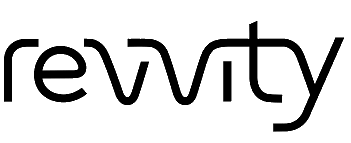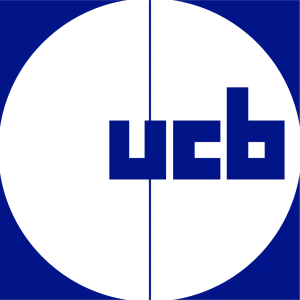Peroxisome Biogenesis Disorder-Zellweger Spectrum Disorder (PBD-ZSD) is a group of rare genetic disorders resulting from mutations in genes responsible for peroxisome formation, crucial cellular organelles involved in various metabolic pathways, such as the breakdown of fatty acids. These disorders are characterized by a spectrum of severity; Zellweger Syndrome is the most severe form, often presenting with significant neurological deficits, impaired liver and kidney function, and skeletal abnormalities. Less severe forms can show milder symptoms and longer survival rates. Symptoms can appear in infancy, including hypotonia, seizures, developmental delays, and distinctive facial features. PBD-ZSD is diagnosed through biochemical tests and genetic analysis.
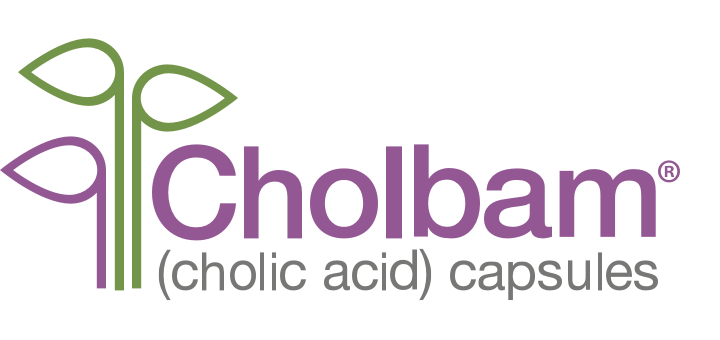
Genetic testing plays an essential role in diagnosing Peroxisome Biogenesis Disorder-Zellweger Spectrum Disorder (PBD-ZSD) by identifying mutations in specific genes like PEX1, PEX6, and PEX10, which are crucial for peroxisome assembly and function. By pinpointing mutations in these genes, genetic testing not only confirms the diagnosis but also helps determine the severity within the Zellweger spectrum, facilitating predictions about disease progression and management needs. This information is invaluable for genetic counseling, offering families insights into inheritance patterns and risks to future offspring, thereby supporting informed decision-making regarding family planning.
What is the Program?
Mirum Pharmaceuticals has partnered with PreventionGenetics to offer a no-cost genetic testing program to help identify peroxisome biogenesis disorder-Zellweger spectrum disorder (PBD-ZSD) through a 13-gene panel. This program is available for patients in the US who meet eligibility criteria and must be ordered by a qualified healthcare provider.
This test is appropriate for individuals with clinical symptoms suggestive of a peroxisomal disorder.
Patients must meet one of the criteria below:

Order the test and collect a blood specimen in two separate collection tubes and ship them to the lab.
Program Information
The program, sponsored by Mirum Pharmaceuticals, provides no-cost genetic testing for individuals in the US suspected of having Peroxisome Biogenesis Disorder-Zellweger Spectrum Disorder (PBD-ZSD), covering 13 specific genes.
The program is open to individuals who show clinical symptoms suggestive of a peroxisomal disorder or have been diagnosed with PBD-ZSD.
The testing covers genes such as PEX1, PEX6, and PEX10 among others, which are crucial for diagnosing PBD-ZSD.
Results are sent to the healthcare provider within about 21 days, and if positive, a reflex biochemical analysis is performed to further assess the condition.
Test kits can be ordered directly through the program’s webpage by qualifying healthcare providers.
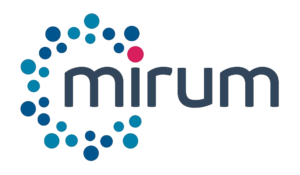
Mirum Pharmaceuticals, Inc. is a biopharmaceutical company dedicated to transforming the treatment of rare diseases affecting children and adults. Mirum has three approved medications: LIVMARLI® (maralixibat) oral solution, Cholbam® (cholic acid) capsules, and Chenodal® (chenodiol) tablets.
LIVMARLI, an IBAT inhibitor, is approved for the treatment of cholestatic pruritus in patients with Alagille syndrome in the U.S. (three months and older), in Europe (two months and older), and in Canada. Mirum has also submitted LIVMARLI for approval in the U.S. in cholestatic pruritus in PFIC patients three months of age and older and in Europe in PFIC for patients two months of age and older. Cholbam is FDA-approved for the treatment of bile acid synthesis disorders due to single enzyme defects and adjunctive treatment of peroxisomal disorders in patients who show signs or symptoms or liver disease. Chenodal has received medical necessity recognition by the FDA to treat patients with cerebrotendinous xanthomatosis (CTX).
Mirum’s late-stage pipeline includes two investigational treatments for debilitating liver diseases. Volixibat, an IBAT inhibitor, is being evaluated in two potentially registrational studies including the Phase 2b VISTAS study for primary sclerosing cholangitis and Phase 2b VANTAGE study for primary biliary cholangitis. Lastly, Chenodal, has been evaluated in a Phase 3 clinical study, RESTORE, to treat patients with CTX, with positive topline results reported in 2023.
To learn more about Mirum, visit mirumpharma.com and follow Mirum on Facebook, LinkedIn, Instagram and Twitter.
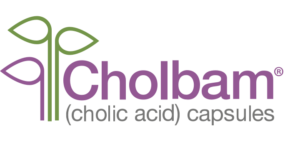
CHOLBAM® (cholic acid) is a prescription medication approved by the U.S. Food and Drug Administration (FDA) for the treatment of bile acid synthesis disorders due to single enzyme defects and for the adjunctive treatment of peroxisomal disorders, including Zellweger spectrum disorders, in patients who exhibit manifestations of liver disease, steatorrhea, or complications from decreased fat-soluble vitamin absorption. As a synthetic form of cholic acid, a primary bile acid naturally produced in the liver, CHOLBAM® works by supplementing the body’s bile acid pool, thereby aiding in the digestion and absorption of fats and fat-soluble vitamins in the intestine, which are often impaired in these conditions.

